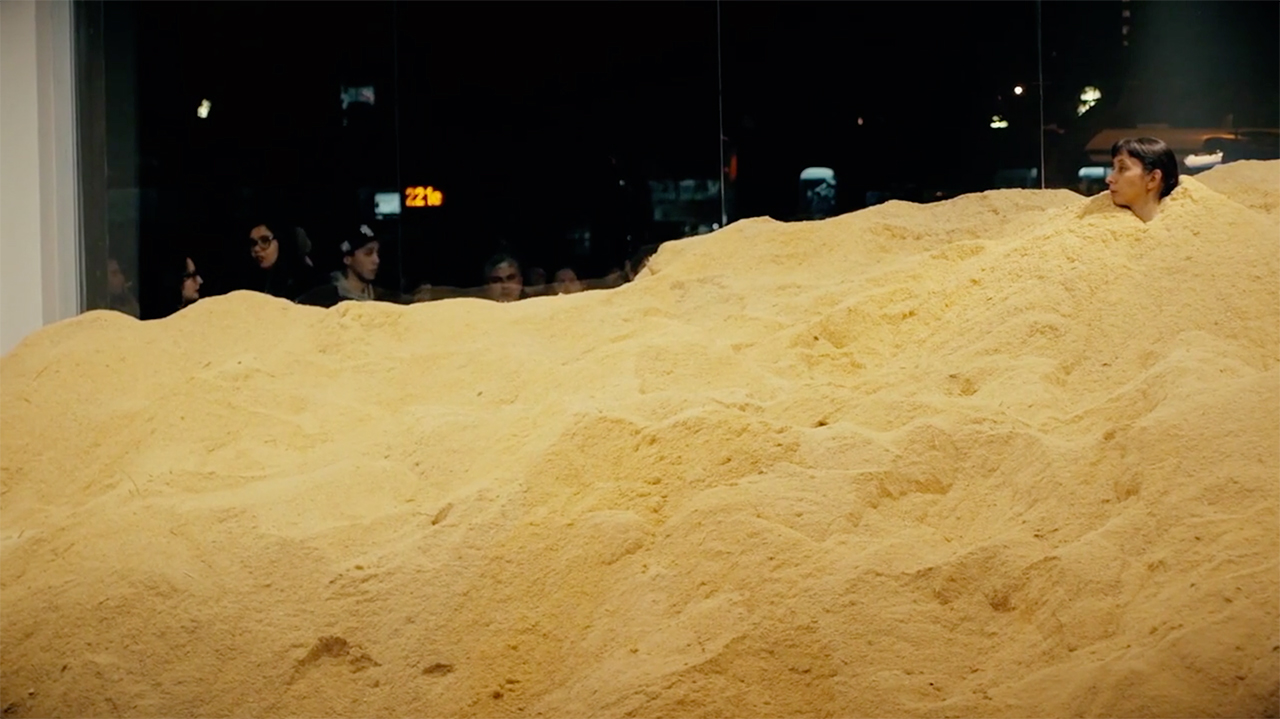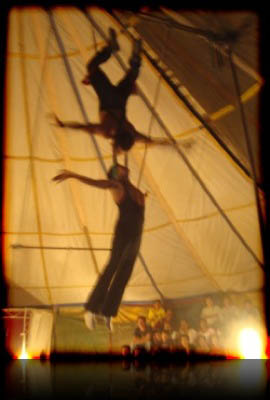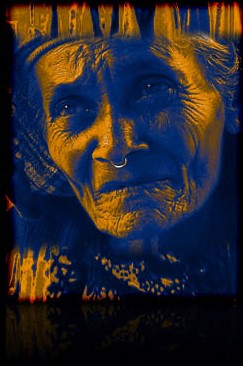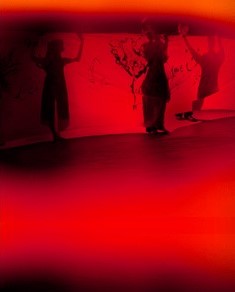Dreaming in Arará: An Empirical Nightmare
DOI:
https://doi.org/10.25071/1913-5874/37396Abstract
The following essay employs creative nonfiction to explore the space of dreams as an opportunity to flesh out cross-cultural understandings of art’s capacity or limits to materialize new ways of relating in the world. Treating dreams as data disrupts the normative notion of what counts as experience. By drawing on Joan Scott and Elizabeth Adams St. Pierre, I argue for more transgressive approaches to relating in the world, made possible through artistic inquiries into the imaginable, irruptive act of dreaming. Blended with my argument is a creative nonfiction essay of my fieldwork in Cuba, in which dreams are treated as an epistemic process and, therefore, a means to which I, as a researcher, can also come to know myself and my relation in the world.
References
Bakhtin, Mikhail Mikha?lovich. The dialogic imagination: Four essays. Vol. 1. University of Texas Press, 2010.
Behar, Ruth. The vulnerable observer: Anthropology that breaks your heart. Beacon Press, 2014.
Berliner, David C. “Comment: Educational Research—The Hardest Science of All.” Educational Researcher 31.8 (2002): 18-20.
Britzman, Deborah P. ““The question of belief”: Writing poststructural ethnography.” International Journal of Qualitative Studies in Education 8.3 (1995): 229-238.
Burke, Kenneth. Language as symbolic action: Essays on life, literature, and method. Univ of California Press, 1966.
Burke, Kenneth. A grammar of motives. Univ of California Press, 1969.
Butler, Judith. Excitable speech: A politics of the performative. Psychology Press, 1997.
Denzin, Norman K., and Yvonna S. Lincoln. “The discipline and practice of qualitative research.” Handbook of qualitative research 2 (2000): 1-28.
Crosby, Jill Flanders. “The Social Memory of Arará in Cuba: Oral Histories from Perico and Agramonte.” Southern Quarterly 47.4 (2010): 91-111.
Eisner, Elliot W. “The Promise and Perils of Alternative Forms of Data Representation.” Educational Researcher 26.6 (1997): 4-10.
Erickson, Frederick. “A history of qualitative inquiry in social and educational research.” The Sage handbook of qualitative research 4 (2011): 43-59.
Feuer, Michael J., Lisa Towne, and Richard J. Shavelson. “Scientific culture and educational research.” Educational researcher 31.8 (2002): 4-14.
Finley, Susan, and Macklin Finley. “Sp’ange: A research story.” Qualitative Inquiry 5.3 (1999): 313-337.
Foucault, Michel. “Nietzsche, Genealogy, History.” The Foucault Reader. Ed. Paul Rabinow. New York: Pantheon Books, 1984. 76-100.
Foucault, Michel. Power/knowledge: Selected interviews and other writings, 1972-1977. Pantheon, 1980.
Foucault, Michel, and Jay Miskowiec. “Of other spaces.” diacritics 16.1 (1986): 22-27.
Geertz, Clifford. After the fact. Vol. 5. Harvard University Press, 1996.
Geertz, Clifford. Works and lives: The anthropologist as author. Stanford University Press, 1988.
Hagedorn, Katherine J. Divine utterances: the performance of Afro-Cuban Santería. Washington, DC: Smithsonian Institution Press, 2001.
Kondo, Dorinne K. Crafting selves: Power, gender, and discourses of identity in a Japanese workplace. University of Chicago Press, 2009.
Leavy, Patricia. Fiction as research practice: Short stories, novellas, and novels. Vol. 11. Left Coast Press, 2013.
Mayer, Richard E. “What is the place of science in educational research?” Educational Researcher 29.6 (2000): 38-40.
Mayer, Richard E. “Resisting the assault on science: the case for evidence-based reasoning in educational research.” Educational Researcher 30.7 (2001): 29.
Mullen, Carol. “A narrative exploration of the self I dream.” Journal of Curriculum Studies 26.3 (1994): 253-263.
Palmié, Stephan. The cooking of history: How not to study Afro-Cuban religion. University of Chicago Press, 2013.
Scott, Joan W. “The evidence of experience.” Critical inquiry 17.4 (1991): 773-797.
Spivak, Gayatri Chakravorty. “Acting bits/identity talk.” Critical Inquiry 18.4 (1992): 770-803.
St. Pierre, Elizabeth Adams. “Methodology in the fold and the irruption of transgressive data.” International Journal of Qualitative Studies in Education10.2 (1997): 175-189.
Port, Mattijs van de. Ecstatic encounters: Bahian candomblé and the quest for the really real. Amsterdam University Press, 2011.
Wertsch, James V. Mind as action. Oxford University Press, 1998.





